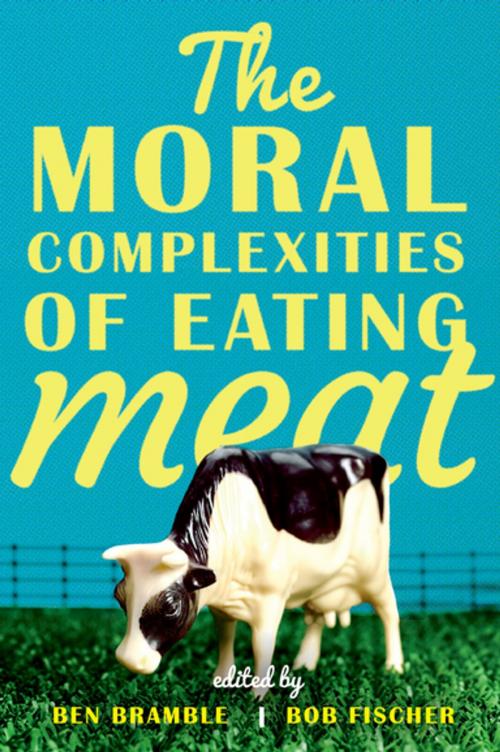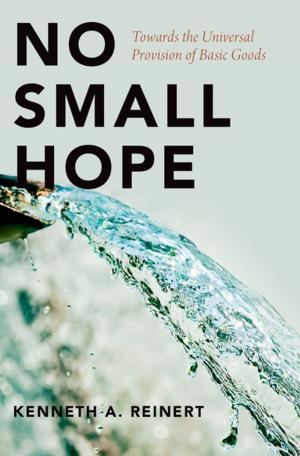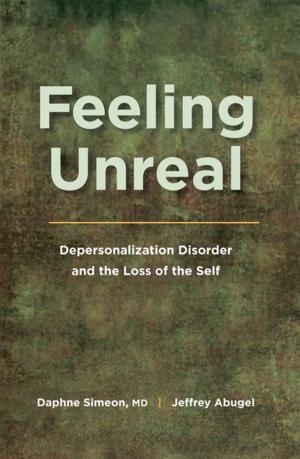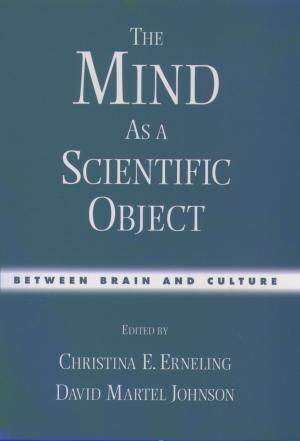The Moral Complexities of Eating Meat
Nonfiction, Food & Drink, Food Writing, Religion & Spirituality, Philosophy, Ethics & Moral Philosophy| Author: | ISBN: | 9780199353927 | |
| Publisher: | Oxford University Press | Publication: | October 1, 2015 |
| Imprint: | Oxford University Press | Language: | English |
| Author: | |
| ISBN: | 9780199353927 |
| Publisher: | Oxford University Press |
| Publication: | October 1, 2015 |
| Imprint: | Oxford University Press |
| Language: | English |
A new collection offering provocative and often counterintuitive conclusions on the ethics of meat eating In a world of industralized farming and feed lots, is eating meat ever a morally responsible choice? Is eating organic or free range sufficient to change the moral equation? Is there a moral cost in not eating meat? As billions of animals continue to be raised and killed by human beings for human consumption, affecting the significance and urgency in answering these questions grow. This volume collects twelve new essays by leading moral philosophers who address the difficult questions surrounding meat eating by examining various implications and consequences of our food choices. Some argue for the moral permissibility of eating meat by suggesting views such as farm animals would not exist and flourish otherwise, and the painless death that awaits is no loss to them. Others consider more specific examples like whether buying french fries at McDonalds is just as problematic as ordering a Big Mac due to the action's indirect support of a major purveyor of meat. The Moral Complexities of Eating Meat is a stimulating contribution to the ongoing debate on meat consumption and actively challenges readers to reevlaute their stand on food and animal ethics.
A new collection offering provocative and often counterintuitive conclusions on the ethics of meat eating In a world of industralized farming and feed lots, is eating meat ever a morally responsible choice? Is eating organic or free range sufficient to change the moral equation? Is there a moral cost in not eating meat? As billions of animals continue to be raised and killed by human beings for human consumption, affecting the significance and urgency in answering these questions grow. This volume collects twelve new essays by leading moral philosophers who address the difficult questions surrounding meat eating by examining various implications and consequences of our food choices. Some argue for the moral permissibility of eating meat by suggesting views such as farm animals would not exist and flourish otherwise, and the painless death that awaits is no loss to them. Others consider more specific examples like whether buying french fries at McDonalds is just as problematic as ordering a Big Mac due to the action's indirect support of a major purveyor of meat. The Moral Complexities of Eating Meat is a stimulating contribution to the ongoing debate on meat consumption and actively challenges readers to reevlaute their stand on food and animal ethics.















